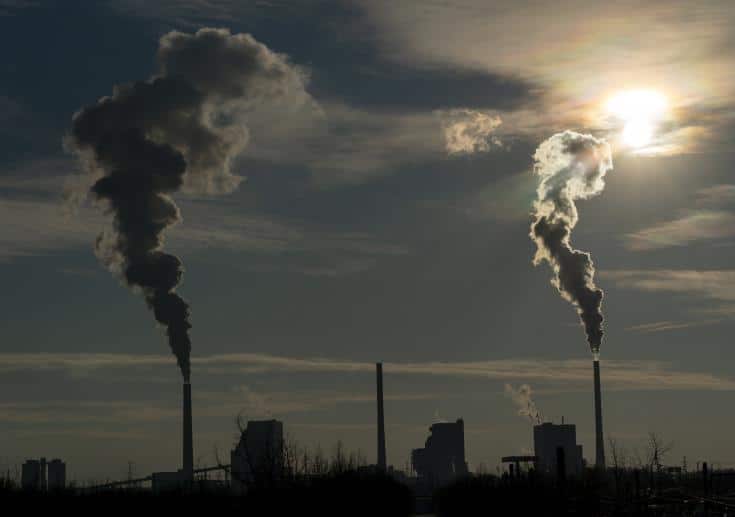The third highest rate of energy use from fossil fuels in the European Union (89%) was recorded in Cyprus in 2020, according to the latest data released by Eurostat, the EU statistical office.
Malta (2020%) was the first to use energy in fossil fuels in 97, followed by the Netherlands (90%), Cyprus (89%), Ireland (87%) and Poland (86%).
The European Union is still heavily dependent on fossil fuels for energy supply, as shown by the percentage of fossil fuels in the gross total available energy, ie the total energy demand in a country or region.
In 2020, fossil fuels accounted for 70% of the total available energy in the EU, a slight decrease compared to 2019 when the percentage was at 71%.
This percentage has decreased significantly in recent decades, as it has fallen by 13 percentage points since 1990, the first year for which data are available. According to Eurostat, this change is mainly due to the increase in the use of renewable energy sources.
Fossil fuel use rates are between 60% and 85% in most Member States. Only Sweden (60%), Finland (31%), France (41%), Latvia (48%) and Denmark (57%) were found below 59%.
The last decade has seen a decline in the use of fossil fuels in all Member States. The largest decrease was recorded in Estonia (from 91% in 2010 to 66% in 2020, a decrease of 25 percentage points - am), followed by Denmark (from 81% to 59%, a decrease of 22 am) and Finland (from 57% to 41%, reduction 16 am).
The smallest reductions were recorded in Belgium (from 78% to 76, a decrease of 2 am), Germany (from 81% to 78%, a decrease of 3 am) and Malta (from 100% to 97%, a decrease 3 a.m.).
In Cyprus there has also been a significant decrease in the last decade, from 96% in 2010 to 89% in 2020 (decrease of 7 am).
Between 2019 and 2020 there was an increase in the share of fossil fuels in total energy demand in two Member States: Lithuania (increase of 1 am) and marginally in Malta (increase of 0,1 am). Belgium was the only country that remained at the same level.
The largest decreases were recorded in Estonia (decrease of 7 am), Denmark (decrease of 5 am) and in Portugal, Latvia, Spain, Bulgaria and Luxembourg (decrease of 4 am in all).
In Cyprus the percentage decreased from 92% in 2019 to 89% in 2020, marking a decrease of 3 p.m.
